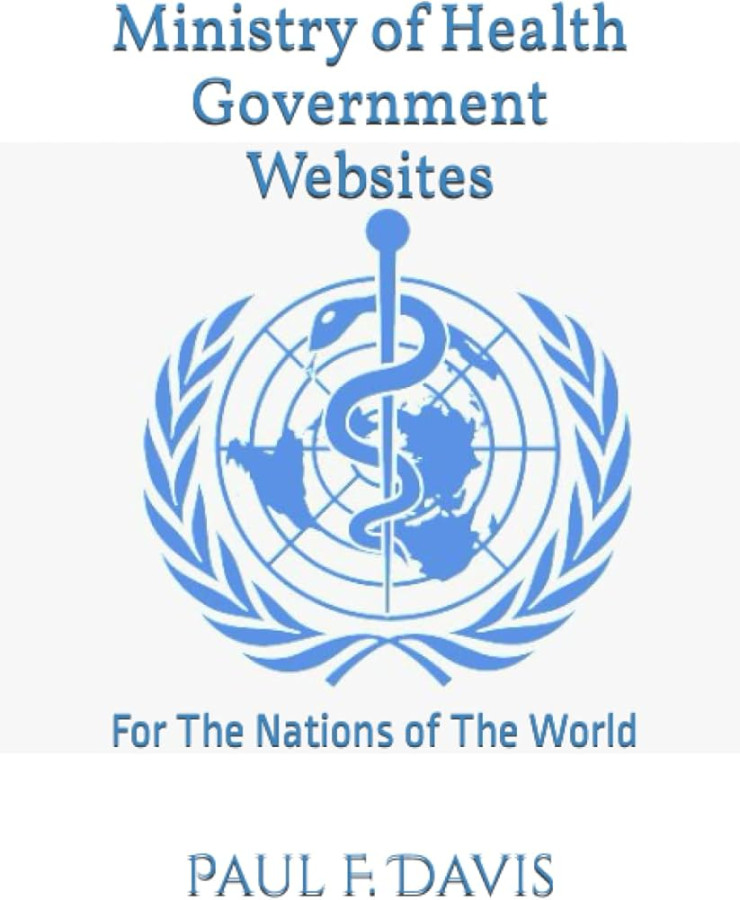1. The Power of Sleep: Your Body’s Recharge
In the bustling rhythm of modern life, sleep often takes a backseat. We cram our days with work, social commitments, and endless to-do lists, leaving little time for rest. But as the Health Ministry reminds us, sleep is not a luxury—it’s a necessity. It’s the body’s way of recharging, repairing, and rejuvenating.
Why is sleep so important?

Brain Power: Sleep is crucial for memory consolidation, problem-solving, and creativity. It’s when your brain sorts through the day’s events, stores information, and prepares for the next day.
How much sleep do you need?
The ideal amount of sleep varies from person to person, but most adults need around 7-9 hours per night. However, some individuals may require more or less sleep based on their age, lifestyle, and overall health.
Tips for a restful night’s sleep:
Create a Sleep-Conducive Environment: Make sure your bedroom is dark, quiet, and cool. Invest in comfortable bedding and create a relaxing atmosphere.
Remember, sleep is a vital component of your overall health and well-being. By prioritizing sleep, you’re investing in your physical, mental, and emotional health. So, make sleep a top priority and experience the transformative power of a good night’s rest.
Hydration is often overlooked, but it’s a cornerstone of good health. It’s more than just preventing dehydration; it plays a crucial role in various bodily functions. From regulating temperature to aiding digestion, water is essential for our overall well-being.
The Importance of Staying Hydrated
Regulates Body Temperature: Water helps to maintain a healthy body temperature by sweating, which cools us down.
How Much Water Do You Need?
The exact amount of water you need depends on various factors, including your activity level, climate, and overall health. However, a general guideline is to aim for at least eight glasses of water per day.
Tips for Staying Hydrated
Carry a Water Bottle: Keep a reusable water bottle with you throughout the day.
Hydration and Health Conditions
Hydration is particularly important for individuals with certain health conditions. For example, people with kidney stones or urinary tract infections may benefit from drinking more water to help prevent these conditions. Additionally, athletes and people who exercise regularly need to pay extra attention to their hydration levels to avoid dehydration-related issues.
In Conclusion
Hydration is a simple yet essential aspect of good health. By staying hydrated, you can improve your overall well-being, boost your energy levels, and support various bodily functions. Make it a priority to drink plenty of water throughout the day and enjoy the benefits of this vital nutrient.
 Udento Lifestyle & Health
Udento Lifestyle & Health




